If you can’t join us for the upcoming BU Research Conference, but you still want to learn about ways to share your research and build impact, then you can book onto our online sessions instead.
We’re repeating the conference workshops online later in the week for anyone who can’t make it on the day or wants to take part in more of them.
The full online schedule can be found below – you can sign up for the online workshops through the BU Research Conference Eventbrite – just make sure you click the online option when booking your workshop.
Wednesday 8 June
Anatomy of a case study – 2 – 3pm
(Amanda Lazar and Beth Steiner, Impact Advisors)
This workshop will use examples of impact case studies from previous REFs to investigate what an excellent case study looks like and give attendees the opportunity to start building their own case studies from scratch.
Thursday 9 June
Impress the press: Engaging with the media for impact – 10am – 11am, Thursday 9 June
(Nathaniel Hobby, PR and Corporate Communications Manager and Emma Matthews, Research Communications Adviser)
Explore how working with the media can raise the profile of your research and lead to impact. Take away practical tips on talking to journalists, tracking the impact of media coverage and writing for The Conversation
Easing into policy impact – 1.30pm – 2.30pm
(Professor John Oliver, Professor of Media Management)
Professor John Oliver has a successful track record of delivering instrumental impact from his research, including the UK government’s ‘Build Back Better’ strategy and influencing UK communications policy and regulatory decisions.
This session will provide an outline of how to produce evidence that establishes the policy impact of your research. In particular, it will provide examples of recent policy impacts with both the UK communications regulator Ofcom and UK Parliament.
Make an impact with public engagement – 2.30pm – 3.30pm
(Amanda Edwards, Engagement and Impact Facilitator and Adam Morris, Engagement Officer)
Discover how public engagement can lead to research that achieves real change. We’ll explore what high-quality engagement looks like, provide real–life examples and help you apply it to your own research.

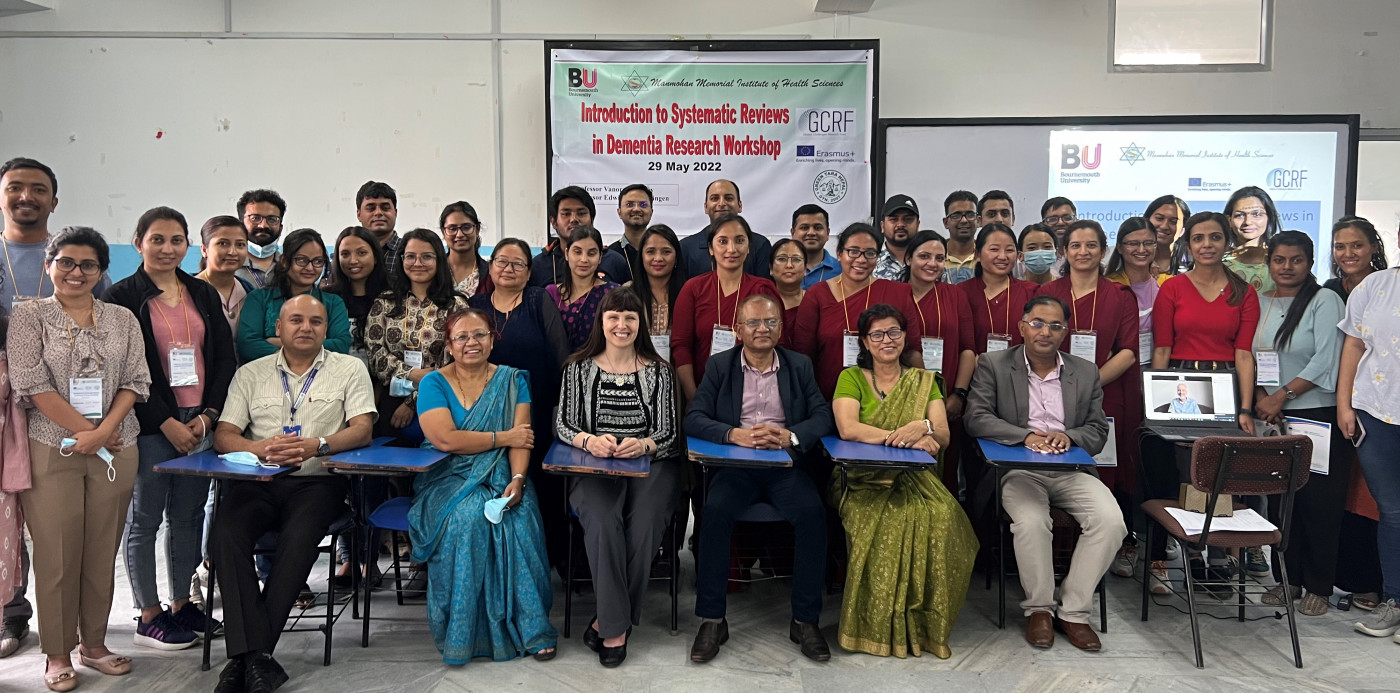

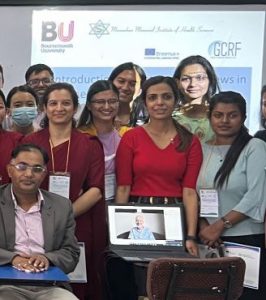
 Do you want to find out more about our
Do you want to find out more about our 
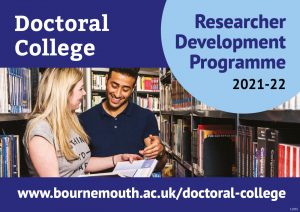

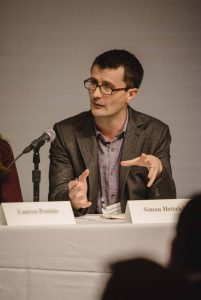
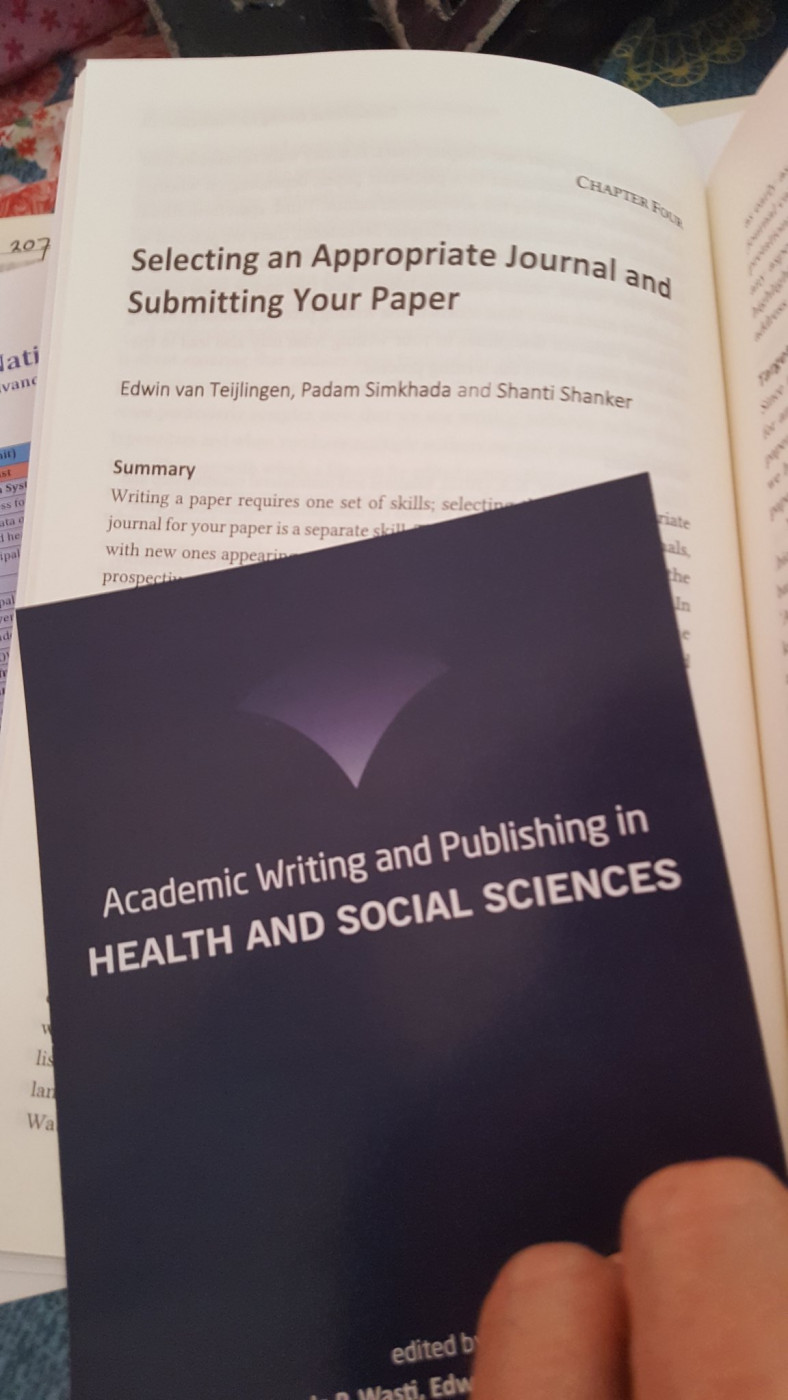


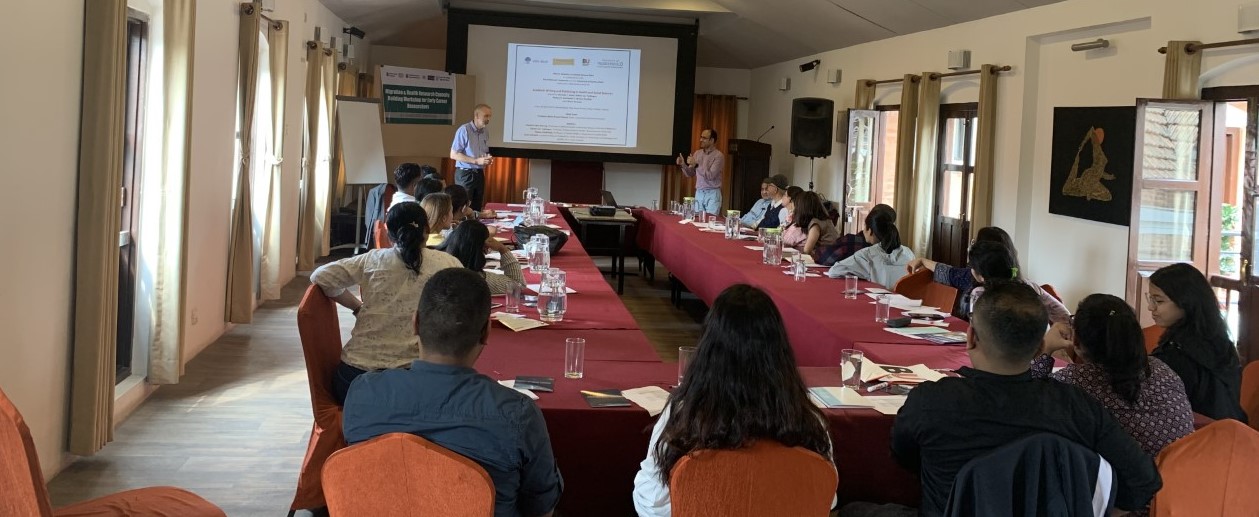

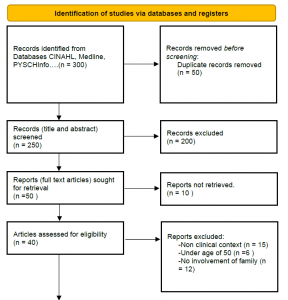 The Preferred Reporting Items for Systematic reviews and Meta-Analyses (PRISMA) statement) was published in 2009 to provide a framework for reporting systematic reviews. This was updated in 2020 to reflect changes in systematir review methods and terminology.
The Preferred Reporting Items for Systematic reviews and Meta-Analyses (PRISMA) statement) was published in 2009 to provide a framework for reporting systematic reviews. This was updated in 2020 to reflect changes in systematir review methods and terminology.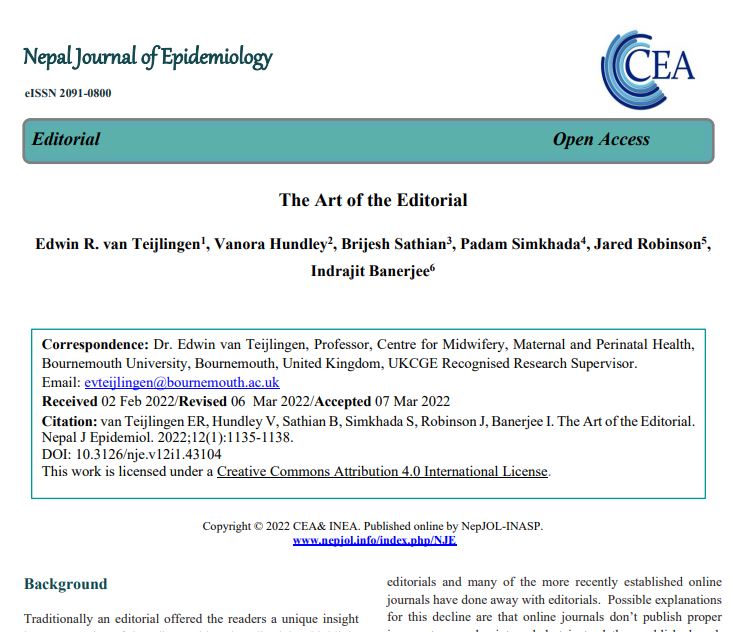












 Conversation article: London Marathon – how visually impaired people run
Conversation article: London Marathon – how visually impaired people run Horizon Europe News – December 2023
Horizon Europe News – December 2023